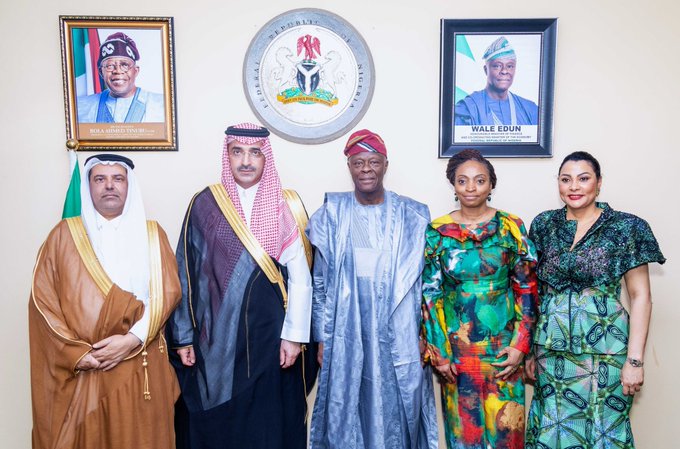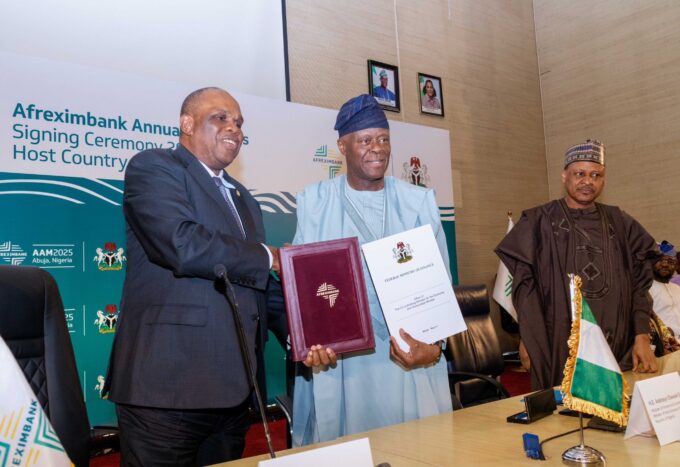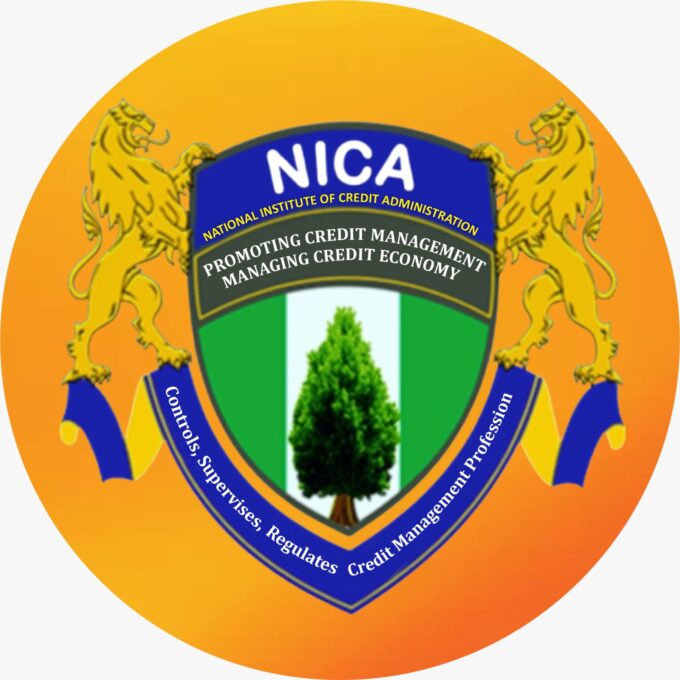President Muhammadu Buhari and Minister of Finance, Budget and National Planning, Zainab Ahmed
The Federal Government has proposed to spend N4.5tn on interest charges for domestic debt by 2023, according to the proposed 2023 budget.
This is an increase of 243.51 per cent from the N1.31tn proposed allocation for interest charges on domestic debt in 2016.
While presenting the 2023 appropriation bill to a joint session of the National Assembly recently, the President, Major General Muhammadu Buhari (retd.), noted that despite the revenue challenges in the country, the country still consistently met its debt service obligation.
“Despite our revenue challenges, we have consistently met our debt service commitments. Staff salaries and statutory transfers have also been paid as and when due,” Buhari added.
However, speaking at the launch of the World Bank’s Nigeria Development Update titled, ‘The urgency for business unusual,’ held recently in Abuja, the Finance Minister, Zainab Ahmed, had admitted that Nigeria was struggling to service its debt.
She said, “Already, we are struggling with being able to service debt because even though revenue is increasing, the expenditure has been increasing at a much higher rate, so it is a very difficult situation.”
In a document by the Director General of the Debt Management Office, Patience Oniha, recently obtained by our correspondent, the DMO stated that high debt levels would often lead to high debt services and affect investments in infrastructure.
According to the DMO DG, “High debt levels lead to heavy debt service which reduces resources available for investment in infrastructure and key sectors of the economy.”
Despite this, the government plans to borrow N8.80tn and spend N6.31tn on debt service in 2023.
In its latest Africa’s Pulse report, the World Bank said that public debt in Nigeria was concerning due to the rising debt service-to-revenue ratio.
According to the bank, the debt service to revenue ratio could stand at 102.3 per cent by the end of 2022.
The President of the World Bank Group, David Malpass, recently said that the bank would work with the International Monetary Fund to assess Nigeria’s debt sustainability.
He said, “We will work with the IMF on an assessment of the debt sustainability of Nigeria but it will be up to Nigeria itself to interact with the various creditors, which include bond holders, official creditors, that are engaged in Nigeria.”
Earlier, Ahmed had disclosed that the Nigerian government was in talks with the IMF and the World Bank to restructure the country’s debts.
Source Punch














